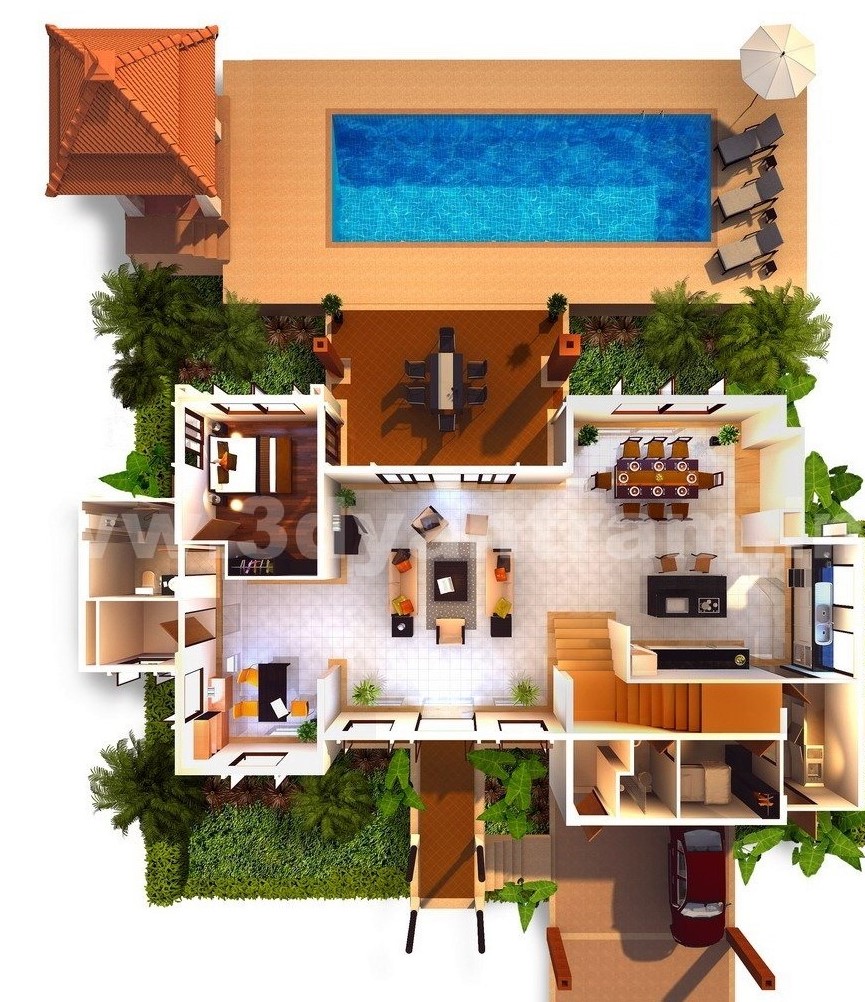

House Vastu, also known as Vastu Shastra, is an ancient Indian architectural and design philosophy that provides guidelines for creating harmonious and balanced living spaces. The term “Vastu” is derived from the Sanskrit word “Vastu,” which means dwelling or building. The principles of House Vastu are based on the belief that the design and layout of a house can influence the well-being, prosperity, and happiness of its inhabitants.
Key aspects of House Vastu include:
- Directional Alignment: Vastu emphasizes the importance of aligning the house with the cardinal directions. Each direction is associated with specific energies, and the layout of rooms and placement of various elements within the house are often determined based on these directions.
- Entrance Placement: The main entrance of the house is considered a crucial aspect of Vastu. It is believed to be the point through which energy enters the home. The placement and design of the entrance should be auspicious to ensure positive energy flow.
- Room Placement: Different rooms in the house are associated with specific functions and energies. Vastu suggests optimal placements for rooms to enhance positive energy flow. For example, bedrooms, especially the master bedroom, may have recommended directions for placement.
- Elemental Balance: Vastu takes into account the balance of the five elements—earth, water, fire, air, and space. The design and décor of the house should incorporate these elements in a harmonious way to create a balanced and positive environment.
- Energy Flow: Vastu emphasizes the free flow of energy (prana) throughout the house. This involves ensuring that doorways, windows, and other architectural elements are strategically placed to facilitate the smooth circulation of energy.
6. Avoiding Negative Influences: Vastu advises against certain features or placements that are believed to have negative effects. For example, the construction of toilets in certain areas, such as the northeast corner, is generally discouraged.
7. Astrological Considerations: Some practitioners of Vastu also consider astrological factors, such as the birth chart of the residents, to provide more personalized recommendations for the design and layout of the house.
It’s important to note that while Vastu Shastra has deep cultural and historical roots in India, its principles are considered by many to be based on traditional beliefs rather than scientific evidence. People may choose to follow Vastu principles based on personal or cultural preferences, and the degree to which individuals adhere to these principles can vary. Consulting with a Vastu expert can provide more specific guidance tailored to individual needs and circumstances.
